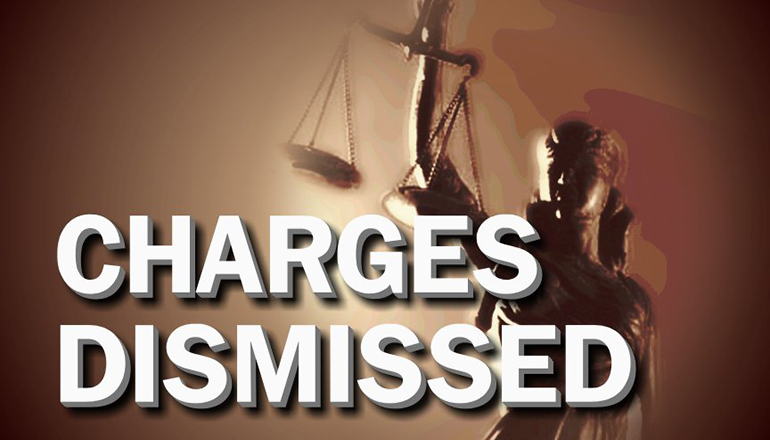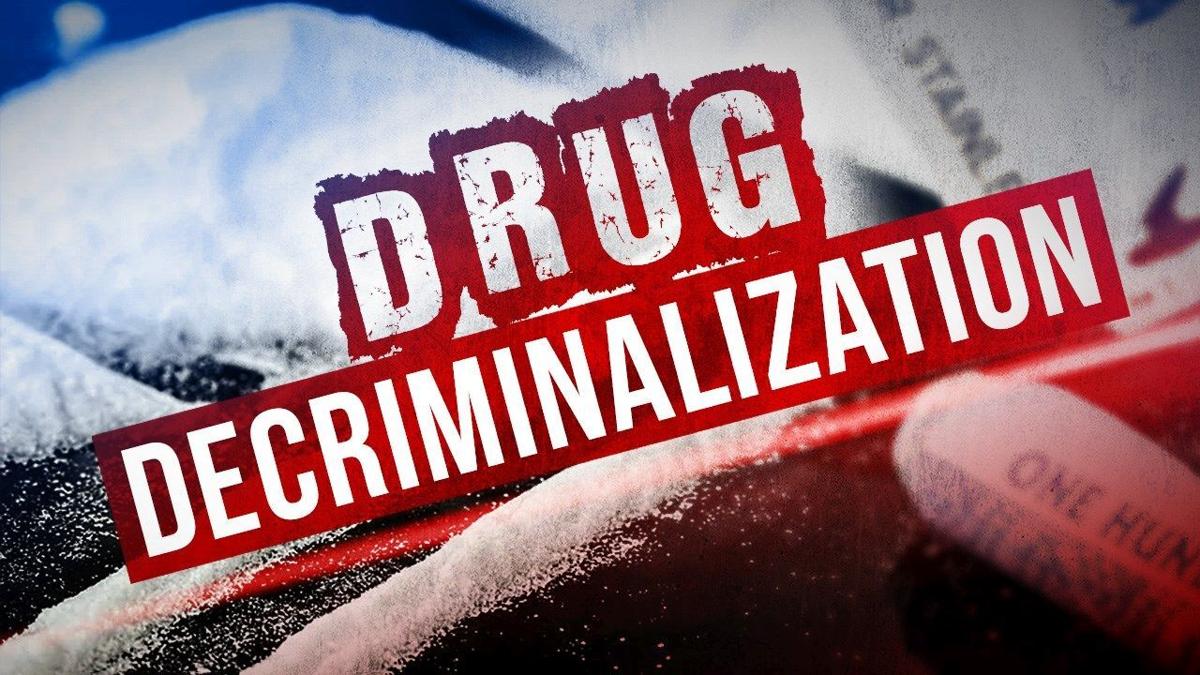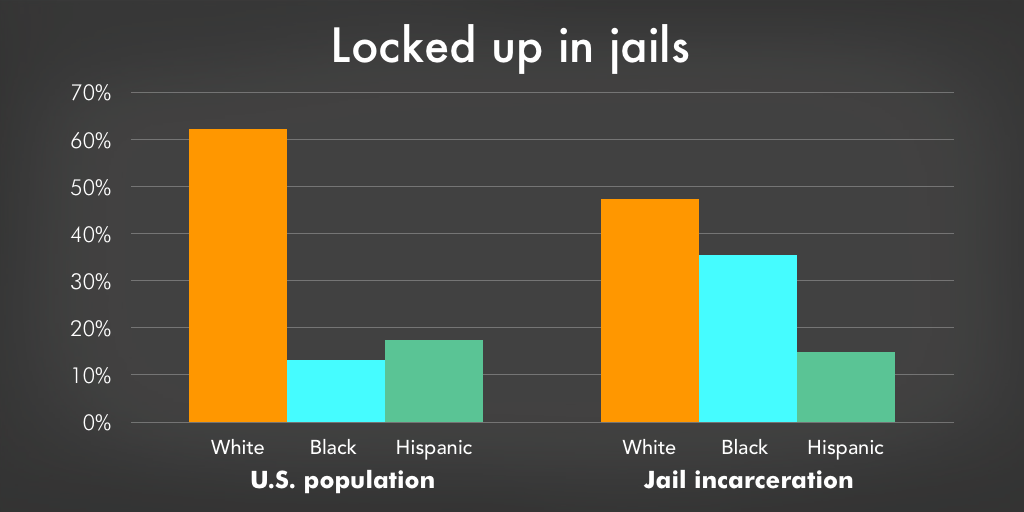
In State v. Blake , the WA Supreme Court held that Washington’s Drug Possession Statute exceeds the state’s police power by imposing harsh felony consequences on innocent non-conduct.
FACTUAL BACKGROUND
In 2016, police executed a search warrant in Spokane, Washington, seeking evidence of stolen vehicles. They arrested three people on the property, including the Defendant Ms. Blake. At the jail, a corrections officer discovered a small baggy containing methamphetamine in the coin pocket of Ms. Blake’s jeans.
The State charged Blake with Possession of a Controlled Substance. At her bench trial, Blake relied on the judicially created affirmative defense of Unwitting Possession. She testified that a friend had bought the jeans secondhand and given them to Blake two days before Blake’s arrest.
Blake also said she had never used methamphetamine and did not know the jeans had
drugs in the pocket. She acknowledged that the drugs had been “on her” on the day of her arrest. Blake’s boyfriend also testified that Blake did not use drugs and that she had received the jeans from a friend. Despite her defense, the trial court found that Blake had possessed methamphetamine on the day in question and found Blake guilty.
On appeal, Blake argues that requiring her to prove unwitting possession to the charged offense violates due process.
COURT’S ANALYSIS & CONCLUSIONS
The WA Supreme Court held that Washington’s felony drug possession statute – which is a essentially a strict liability statute – exceeds the state’s police power by imposing harsh felony consequences on innocent non-conduct with no mental state to commit the crime.
“The basic drug possession statute at issue in this case states, ‘It is unlawful for any person to possess a controlled substance'”, wrote Justice McCloud. “The State need not prove any mens rea (mental state) element to secure a conviction for this crime.”
The Court reasoned that the Due Process Clause protections limit the Legislature’s police power to criminalize wholly innocent and passive non-conduct. Stated differently, a defendant’s passive and innocent non-conduct falls outside the State’s power to criminalize:
“Does this strict liability drug possession statute with these substantial penalties for such innocent, passive conduct exceed the legislature’s police power? The due process clauses of the state and federal constitutions, along with controlling decisions of this court and the United States Supreme Court, compel us to conclude that the answer is yes—this exceeds the state’s police power.” ~Justice Gordon McCloud, WA Supreme Court.
The Court further reasoned that the State’s police power is not infinite. “If it were, the result would be a police state, and the legislative branch of the government would be omnipotent,” said Justice McCloud. Finally, the Court reasoned that the statute criminalizes innocent and passive possession, even by a defendant who does not know, and has no reason to know, that drugs lay hidden within something that they possess. “The legislature’s police power goes far, but not that far,” said the Court.
Accordingly, the Court held that RCW 69.50.4013(1)—the portion of the simple drug possession statute creating this crime—violates the due process clauses of the state and federal constitutions and is void.
With that, the WA Supreme Court vacated Ms. Blake’s conviction.
My opinion? Excellent decision, Finally, the courts are giving teeth to the Unwitting Possession Defense. In this defense, a person is not guilty of possession of a controlled substance if the possession is unwitting. Possession of a controlled substance is unwitting if (1) a person did not know that the substance was in their possession or (2) did not know the nature of the substance.
The burden is on the defendant to prove by a preponderance of the evidence that the substance was possessed unwittingly. Preponderance of the evidence means that you must be persuaded, considering all of the evidence in the case, that it is more probably true than not true.
Up until now, Washington’s felony drug possession statute essentially circumvented the Unwitting Possession defense. Thankfully, the WA Supreme Court put a stop to that.
Please
contact my office if you, a friend or family member are charged with a
Drug Offense or any other crime. Hiring an effective and competent defense attorney is the first and best step toward justice.
















